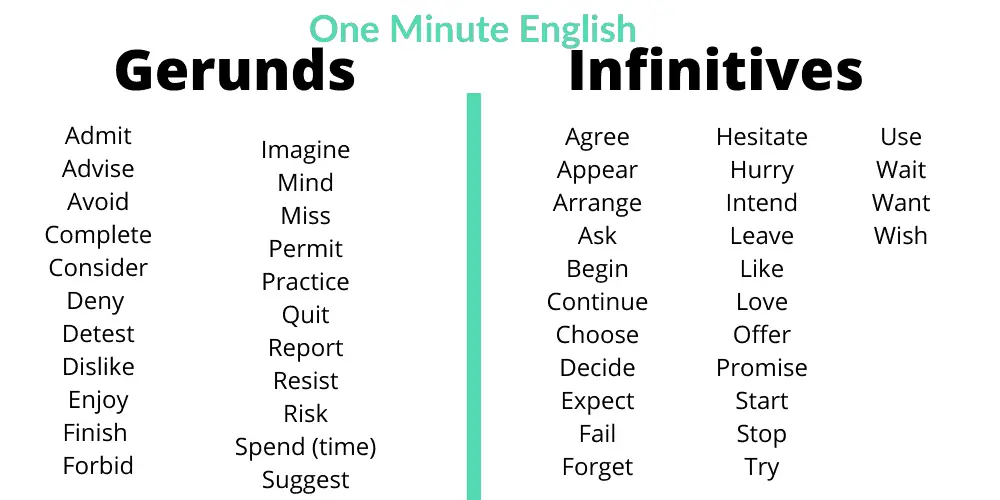A gerund is a verb that functions as a noun. It is in the verb form of -ing
When you say “ I am swimming”, In this sentence, we want to say that it is an action happening now. Swimming functions as a verb.
“Swimming is good for you” In this sentence swimming is a noun (a thing that people do)

More Examples of Gerunds
Drinking tea in the morning is good for you.
Learning English is easier as an adult.
Eating meat is bad for the environment.
I like meeting new people.
I enjoy dancing samba.
I avoid sleeping during the day.
I am looking forward to driving home.
Keeping up with the Kardashians is impossible!
Let’s understand more about these examples
Gerunds as the Subject of the sentence
The subject of the sentence is the person/thing that does the action.
John plays the guitar.
In this subject “John” is the subject of the sentence. John is a noun. Gerunds are verbs that function as nouns so they can be the subject of the sentence.
Playing the guitar is fun.
Gerunds as the Object of the sentence
Nouns can also be the object of a sentence (the receiver of the action).
So can Gerunds:
I like running.
I enjoy reading
“I” is the subject,
“Like” is the verb
“Running” is the object
Gerunds and infinitives
This is one of the most difficult topics when you are learning English and you should practice this a lot especially if you have a B2 level.
Basically, some verbs need a Gerund after them and some need an infinitive. You need to learn which verbs!
Gerunds examples
I like swimming
I deny taking the chocolate.
I finished making the coffee.
I don’t mind waiting a little bit longer.
Infinitive examples
I want to go home
I need to buy a car.
I decided to stay in a hotel.
I arranged to stay with my sister.
So you can see that verbs like “enjoy” and “like” need a gerund after the main verb and other verbs like “want” and “need” have infinitives.
Here is a list of the most common verbs:

Gerund and Present Participle – What’s the difference?
The Gerund and the Present Participle look the same but they serve a different function in the sentence.
Walking is both a Gerund and a Present Participle because it has the -ing form
But look how we use the word:
I am walking to work now.
In this example,”Am Walking” is the verb tense. We use the present participle (Walking) to form the Present Continuous Verb Tense.
Walking is an activity that we do every day.
In this example “Walking” is a noun. It is a Gerund.
What is a Gerund Phrase?
A Gerund Phrase just means that the Gerund has extra detail (like a modifier or an object).
So…
Walking to work is an activity we do every day.
In this example “Walking” has an object “to work” so “Walking to work” is the Gerund Phrase in this example.
More Examples:
Driving slowly is safer for pedestrians.
Dancing to the music is important to learn the rhythm of Salsa.
Talking too much will get you into trouble in school.
Making bets in the casino is bad in the long run.
Gerunds in Spanish and Portuguese
In Spanish and Portuguese, a Gerund is all forms of -ing.
So for example:
Estoy comiendo la tarta.(Spanish)
Estou comendo o bolo.(Portuguese)
This is the verb form and is not a gerund in English.
What did we learn?
A gerund in is a -ing that we use as a noun.
Please write some more examples of gerunds in the comments.
- 10 Words or Phrases “To Make Her Feel Special” - October 16, 2024
- Synonym Generator - September 11, 2024
- [BrutallyHonest] Langua AI Review – Can you learn a language with AI? - April 23, 2024


